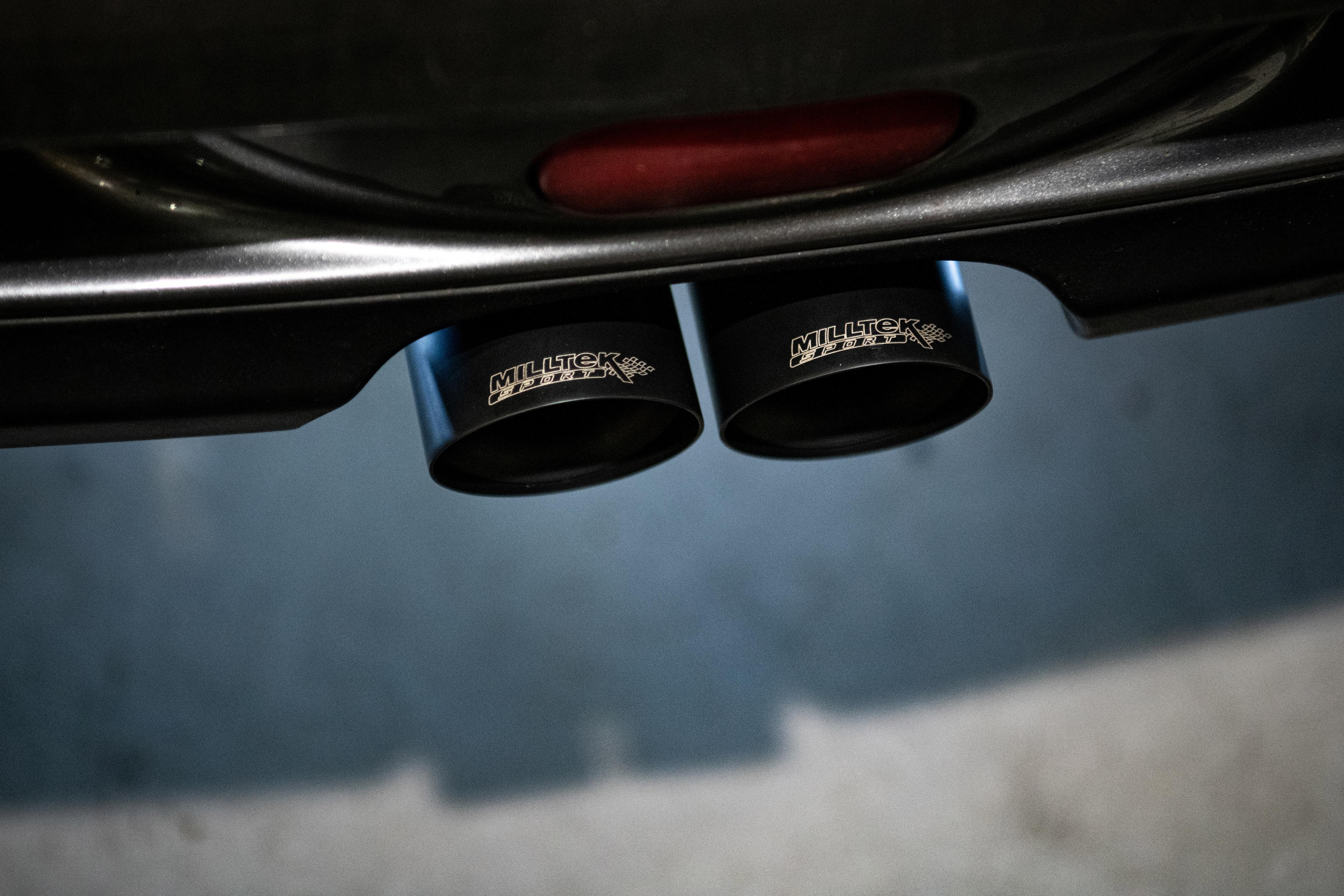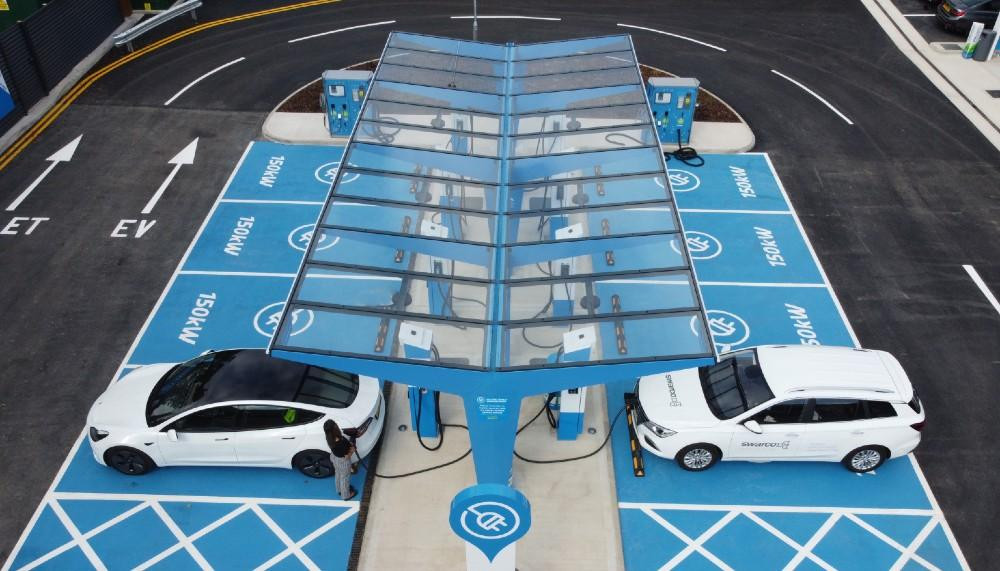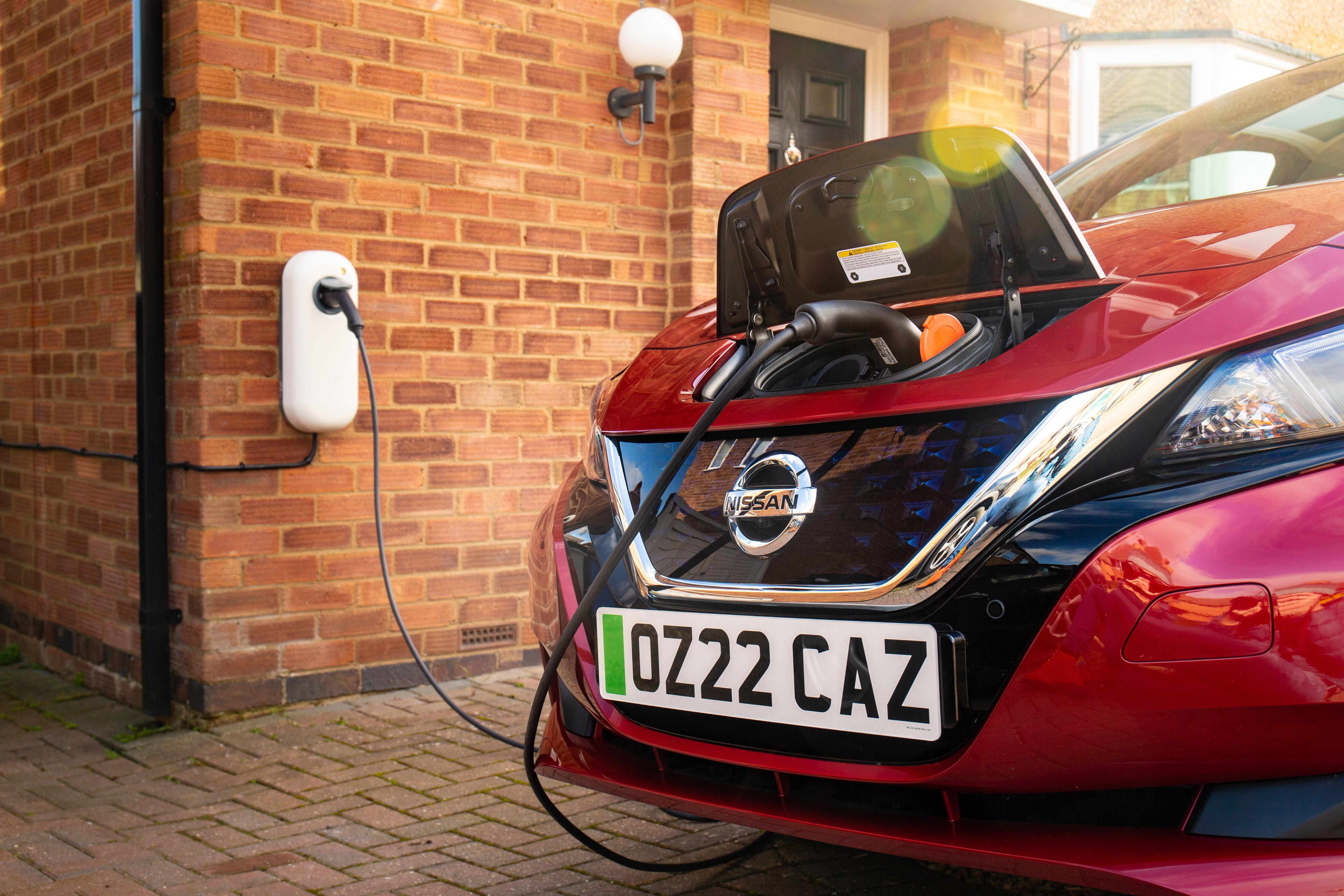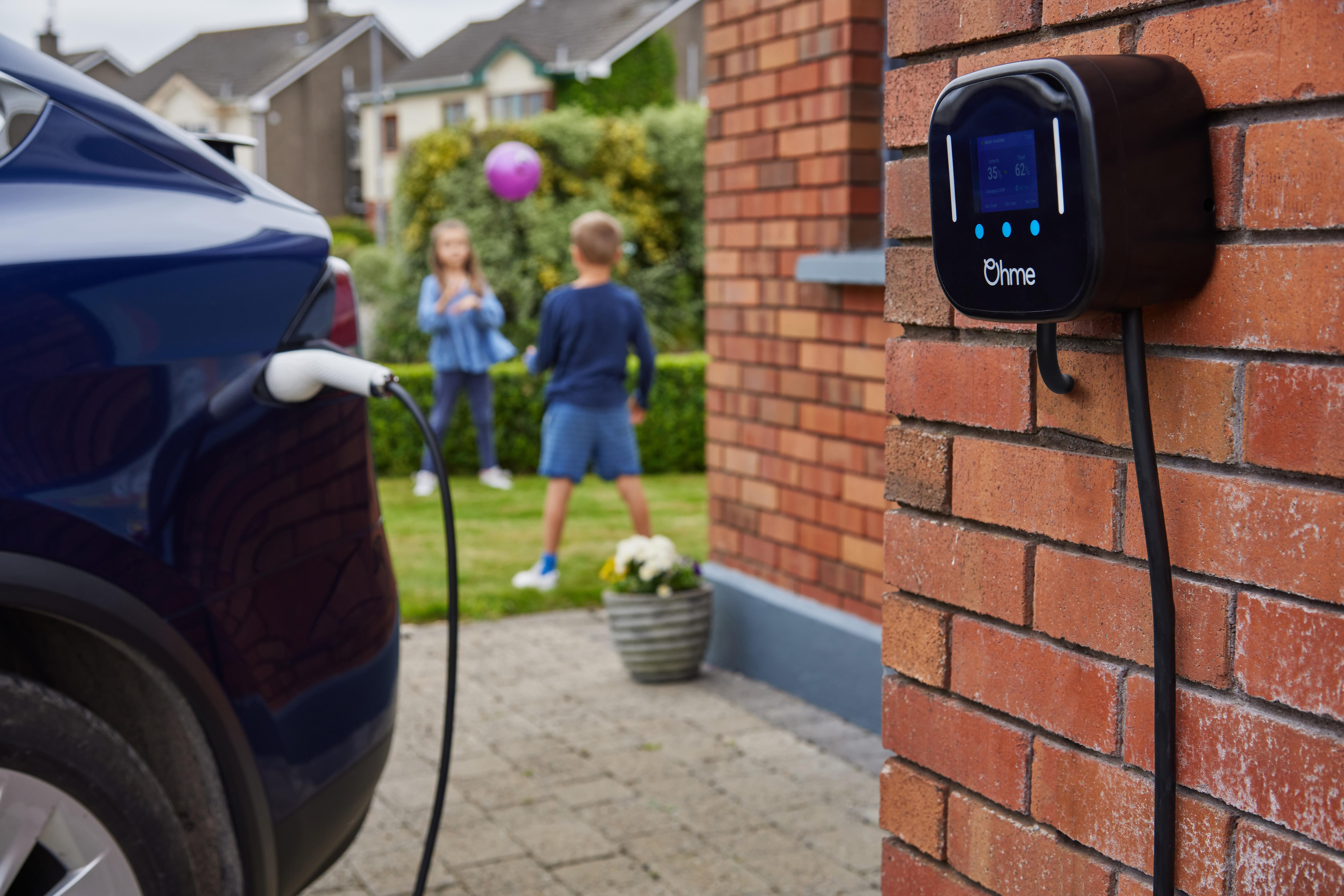Government’s new petrol and diesel car ban change - what you need to know

Prime Minister Rishi Sunak recently announced that the planned 2030 ban on the sale of new petrol and diesel cars would be delayed for five years to give drivers a larger window to adopt electrified vehicles.
It’s a move which has surprised many industry leaders, as well as some manufacturers which had already planned to meet the original 2030 deadline. Here, we’re going to take a look at some of the things you need to know about it.
What has changed?
The 2030 ban had been set to end the sale of new petrol and diesel cars as the UK moves towards meeting its net-zero targets. However, the government has now decided to delay this move by five years, with the ban now set to come into play in 2035.
Rishi Sunak said that the government did not want to impose ‘unacceptable costs’ on British families during the cost-of-living crisis, adding that if the government were to ‘continue down this path’ it would risk ‘losing the consent of the British people’.

What will happen when the ban comes into force?
As before, when 2035 rolls around the sale of new petrol and diesel cars will no longer be permitted. However, that doesn’t mean that petrol and diesel cars won’t be allowed on the roads - they’ll still be available via the used market. You just won’t be able to buy a brand-new one.
It is unclear at this point whether the sale of hybrids will be permitted from 2035, too. It’s expected that only hybrids with a long electric-only range - like some of the latest plug-in hybrid cars such as the Suzuki Across 2.5 Phev E-four 5Dr CVT - will be available for sale new.

How has the industry reacted to the announcement?
The move by the Prime Minister has had a mixed reception from the motoring industry. Ford UK's boss Lisa Brankin, for example, said that the change risked undermining the Blue Oval’s business decisions, adding: "This is the biggest industry transformation in over a century and the UK 2030 target is a vital catalyst to accelerate Ford into a cleaner future. Our business needs three things from the UK government: ambition, commitment and consistency.”
Mike Hawes, from the Society of Motor Manufacturers and Traders, said: “Consumers must want to make the switch [to electric], which requires from the government a clear, consistent message, attractive incentives and charging infrastructure that gives confidence rather than anxiety. Confusion and uncertainty will only hold them back.”

Are car manufacturers changing their plans?
No particularly. Despite the announcement, many car makers are already in full swing in their electrification plans, which means that they are unlikely to swerve off-course from their planned move to electric-only vehicles.
This is largely because of an electric vehicle mandate which comes into force next year. From 2024, car manufacturers will have to hit a target of having at least 22 per cent of their sales made up of electric cars or risk a fine of up to £15,000 per cent if they miss their target. They will also be fined £18,000 per non-electric van they miss their target by. The Department of Transport has confirmed that this mandate won’t change or reflect the delay in the 2030 ban, either.
Manufacturers selling fewer than 2,500 cars will be exempt from the mandate, while a credits-based system will allow car makers to trade EV tokens between one another if they believe that they are going to miss their targets. This could see companies such as Polestar and Tesla cash in on credits - since they only produce electric vehicles - as other manufacturers scramble to meet the targets.


















